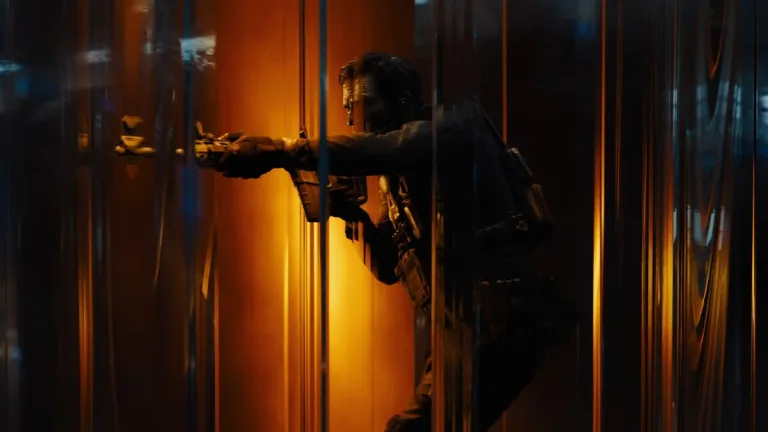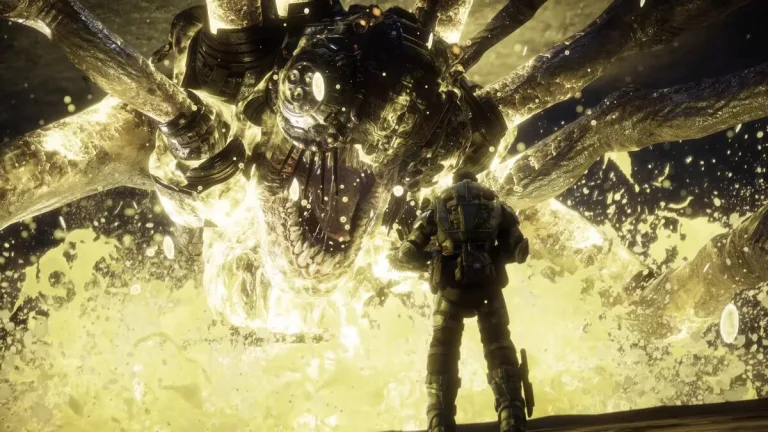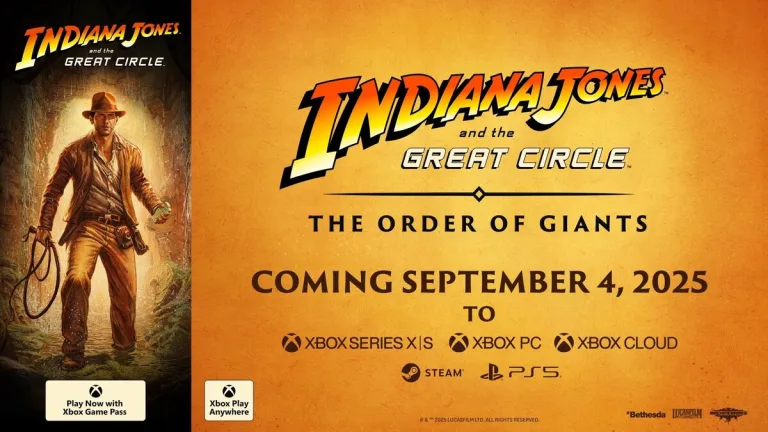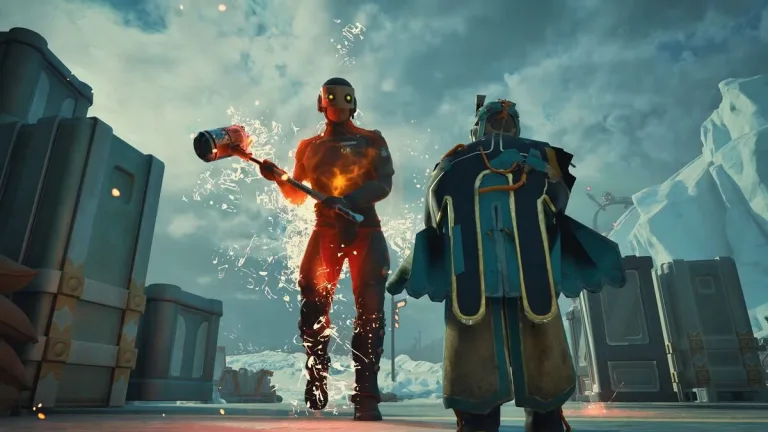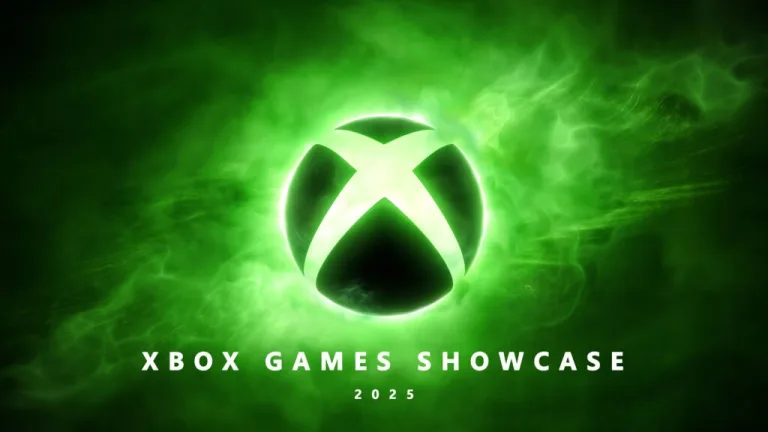The recent Xbox Games Showcase 2025 left fans both excited and contemplative, most notably through Phil Spencer’s...
Day: June 8, 2025
The Call of Duty franchise has never been one to shy away from reinvention, and now, with...
Gears of War: A Bold New Chapter Unveiled at Xbox Game Showcase 2025 The Xbox Games Showcase...
The legendary archaeologist is back for another thrilling expedition! At the Xbox Games Showcase 2025, Bethesda and...
This week’s Xbox Games Showcase gave us an electrifying glimpse into the next chapter of Obsidian Entertainment’s...
The Xbox Games Showcase 2025 was nothing short of a revolutionary experience—a spectacle that pulled back the...
Below is a detailed and original recap of the Saturday presentation at Summer Game Fest 2025—a day...



